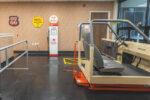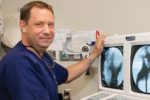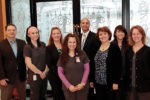More Than Medicine
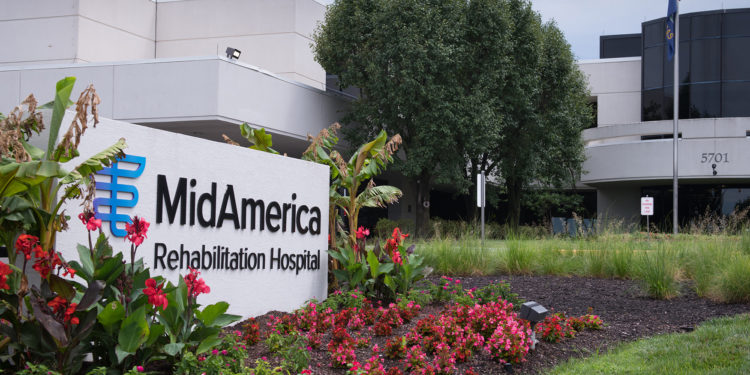
Being a Great Doctor is a Work of Heart
Working with a patient through the rehabilitative process requires more than just experience, knowledge and understanding; it also requires a multi-faceted approach that integrates experience with commitment, compassion and passion.
Story by Ann Butenas | Photography by Matt Kocourek | Sponsored Content
Whenever we become a patient, whether through illness or injury, we rely on the skills of our attending physician and other health care practitioners to help and heal us. With years of academic and professional experience to our health care workers’ credit, we expect to be treated with the utmost of confidence and care. After all, we are putting our health directly into their hands.
But what really makes for a great or even ideal doctor? Is it just the information cited on a resume or does it go beyond such wisdom and understanding? Certainly we appreciate the experience and talent, but there is so much to be said for confidence, empathy, respect, attention to detail, and the necessary personal and human touch. Those are not attributes that can be taught. Rather, they are innate and stand as true hallmarks of a trusted clinician.
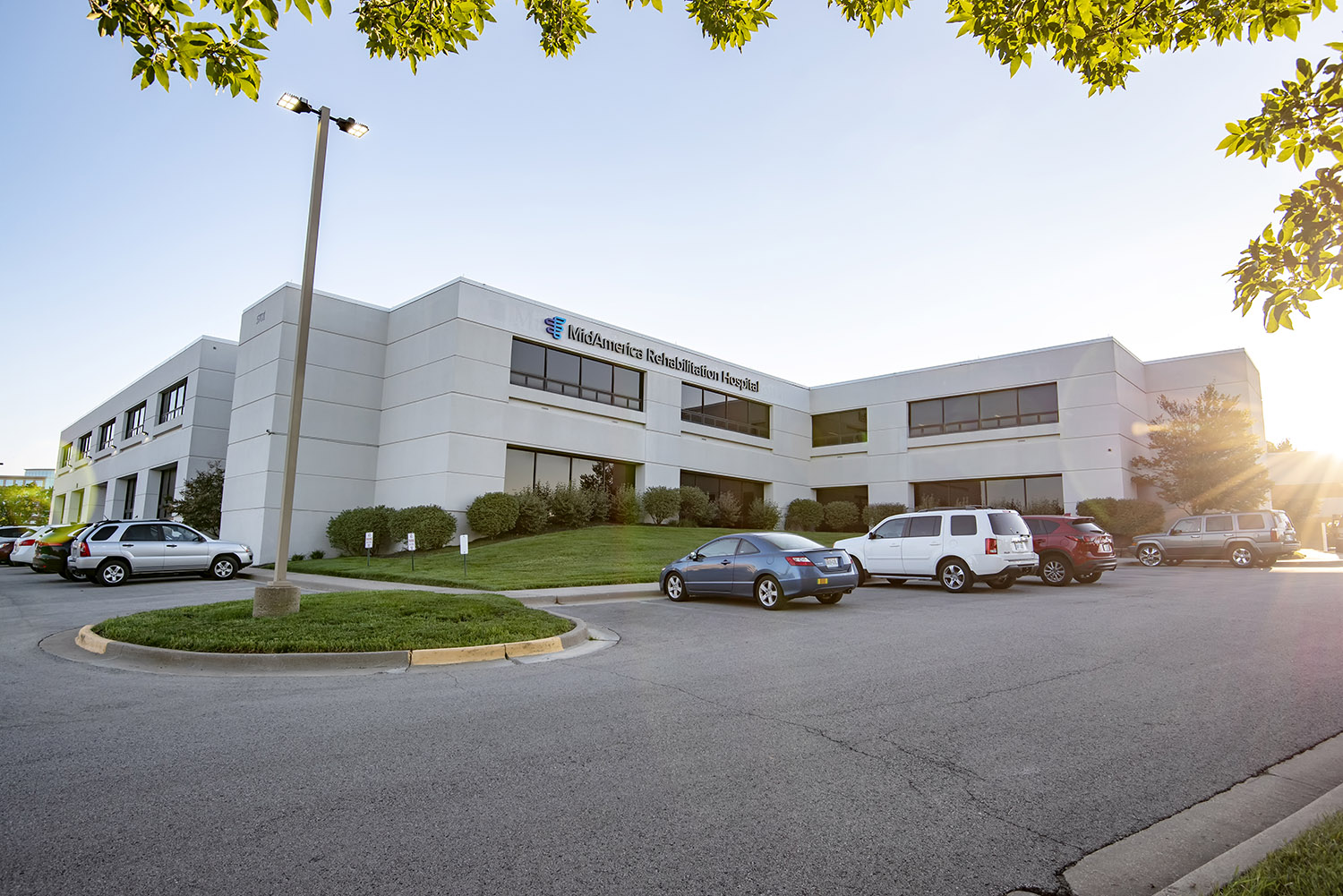
The physicians at MidAmerica Rehabilitation Hospital (MARH) not only possess these attributes, but they also embrace them. For as Hippocrates once said, “Wherever the art of medicine is loved, there is also a love of humanity.”
At MARH in Overland Park, Kansas, patients are on the receiving end of an unwavering commitment from practitioners whose main goal is to help those patients regain independence after a life-changing illness or injury. Through their clinical collaboration and advanced technologies, this team of steadfast individuals operates through an interdisciplinary approach that includes multiple platforms of care along with the latest in technologies and expertise to help patients achieve their goals.
But patient care can be defined as more than just the clinical approaches taken. It can also be found in the hearts and minds of those who have chosen to dedicate their lives to support those individuals who have recently transitioned from an acute care hospital, another rehabilitation facility, or who are struggling to remain independent at home. For complete customized rehabilitative care, MARH is the preferred destination. Navigating this journey can be challenging. Fortunately, the doctors who practice here make that experience less stressful with personalized therapy approaches, a treatment plan tailored to each individual’s health care needs, and a highly-personalized touch.
Among the medical professionals at MARH who offer these therapies, expert knowledge and innovative solutions include Dr. Cherie Suther and Dr. Sushma Lueder. These respected physicians have allowed their passion for medicine to become their profession and their purpose.
It began with some crayons and a ripped sheet of examining table paper.
Dr. Suther’s introduction to medicine came at an early age. Her father, Dr. Bertram Caruthers, still works as a dermatologist here in Kansas City and has been in private practice for more than 40 years. Additionally, her mother worked as a nurse, and her grandfather was a professor of biology.
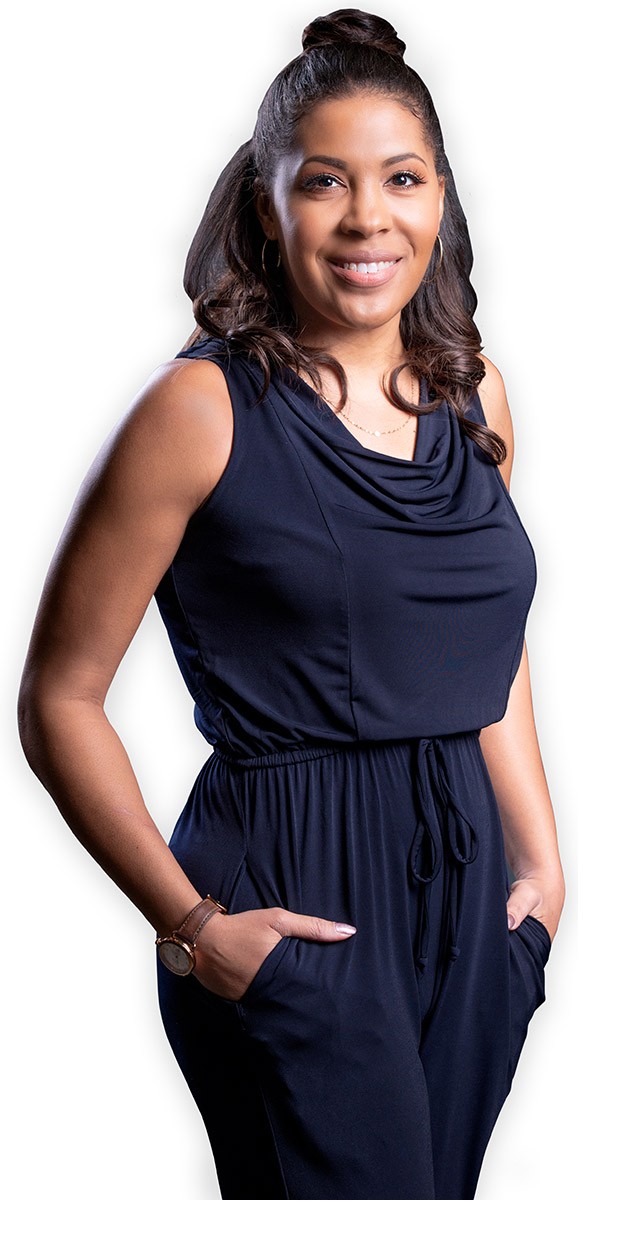 “That scientific and medical background was just always there,” she reflected.
“That scientific and medical background was just always there,” she reflected.
While tagging along on rounds with her dad when she was just a child, Suther absorbed a significant amount of understanding that goes on within the medical world. However, she admits that the most fun she had as a kid was found in the doctor’s lounge.
“I’d eat all the snacks they had in there!” she laughed.
However, Dr. Suther perhaps offered a more serious peek into her future endeavors when, as a child hanging out in her dad’s office, she scribbled a note on some plain white examining table paper commonly used in doctor’s offices.
“My dad tore a piece off for me to write on, and I wrote my whole name down on it and then added ‘I want to be a doctor like my dad,’” she recalled.
She never thought about those prophetic scribbles until years later when her dad presented that exact sheet of paper to her, mounted on a plaque, when she graduated from medical school.
“I never realized he had kept it all those years,” she mused.
After graduating high school from Sumner Academy of Arts & Science, Dr. Suther earned her undergraduate degree at Xavier University and then studied medicine at Saint Louis University, completing her internship at Saint Louis University hospital. While in medical school, she wasn’t entirely sure of which route she’d take, preferring to keep an open mind to the possibilities. She wasn’t interested in pursuing the dermatology route like her dad (“I had enough of rashes and acne!”) She completed an internship in basic medicine and then returned to do her residency in physical medicine and rehabilitation at the University of Kansas Hospital.
“I really enjoyed working with people and helping them get their quality of life back,” she noted.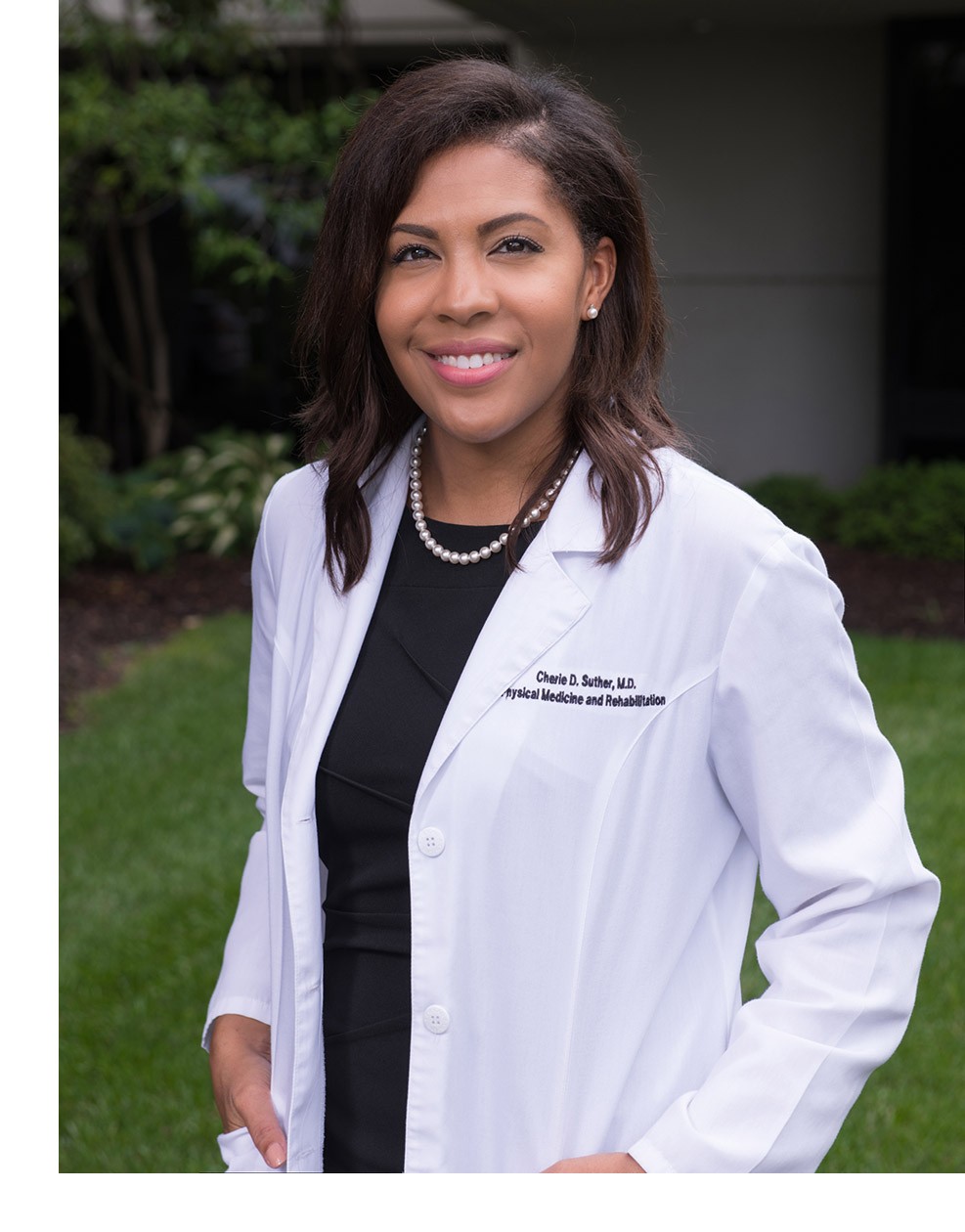
After her residency, Dr. Suther honed her skills through some out-patient based experience and eventually transitioned to her role at MARH in 2012.
“It’s been the best place for me,” she reflected. “I really enjoy working with patients who have come to us after they have been on the acute care side so we can then focus on their recovery, especially their functional recovery.”
Whether rounding on patients or collaborating in a weekly team conference session, Dr. Suther enjoys the highly comprehensive approach given to each patient and learning how each one is responding to the disciplines provided to them.
“It’s nice to see it all come together,” she said. “This is such a special place for rehabilitative care in Kansas City, or even in the region. I think it’s a great place to work and the best place for patients.”
When not working with patients, Dr. Suther enjoys time with her husband and two active sons, as well as working out. A travel enthusiast, she has had to curtail her adventures in the year of COVID-19 but looks forward to being able to do that again soon. For now, though, she will concentrate on what is important to her in terms of patient care.
“My philosophy is the classic ‘take care of the patient,’” she emphasized. “What I mean by that is, when people see an abnormal lab or study, they’ll often get hung up on treating that lab result or disease state and it may not be warranted or even appropriate. Instead, it can often be more beneficial for the patient if you can look at he or she as a whole, an individual, and let that guide your decision making.”
Inspired by her dad’s love of medicine and patients.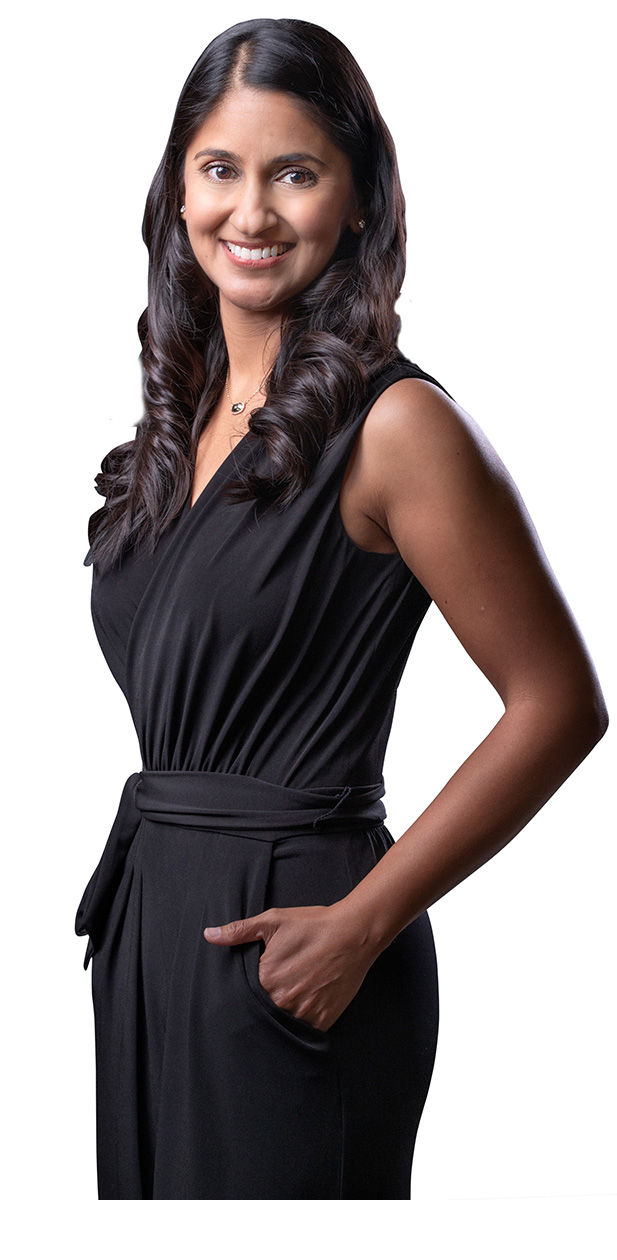
Like Dr. Suther, Dr. Sushma Lueder also grew up in a medical family. Her father, Dr. Eashwer Reddy, still practices medicine as a radiation oncologist in Kansas City. She admired how her father embraced his profession with such passion and how he equally extended that passion to the patients he treated. As a result, her love for this profession only intensified over the years.
“I loved the environment and the people,” she reflected. “When I was growing up, I valued how much my dad loved his job and the way he interacted with his patients. That’s how I decided medicine was something I wanted to pursue.”
A local girl like Dr. Suther, Dr. Lueder graduated high school from Notre Dame de Sion High School and then pursued her undergraduate degree at the University of Missouri in Columbia. Prior to earning her medical degree at Medical University of the Americas in the West Indies, Dr. Lueder considered pursuing a Masters degree in Physiology. However, she discovered that her outgoing and socially-inclined personality was more suited towards interacting with others and less so hunkered down in a research-based capacity.
During medical school, Dr. Lueder worked at multiple hospitals in the Chicago area, exploring opportunities through multiple clinical rotations. She completed her residency at Marianjoy Rehabilitation Hospital in Chicago. She then relocated back home to the KC area with her husband and 2 children and took a physiatrist position at St. Joseph Medical Center. She assumed her role at MARH in 2015 and has enjoyed every single minute of it since that time.
“I knew from my exposure to medicine that I wanted to do something with neurology or rehabilitation,” she indicated. “I was inspired by my aunt who was paralyzed by polio. She lived in India and did not have access to the resources she needed to improve her quality of life. I knew I wanted to be a part of something that would allow me to care for someone in such a situation. I wanted to help people improve their quality of life and help them to become more functional.”
Dr. Lueder indicated while there is not always a cure for neurological disease, it is important to focus on the rehabilitative approach.
“I tell my patients that this is what we have (to work with) and this is what we do. We work with them from that point and go forward, she explained.
Dr. Lueder’s approach to patient care involves one of the most important assets necessary in complete patient care: time.
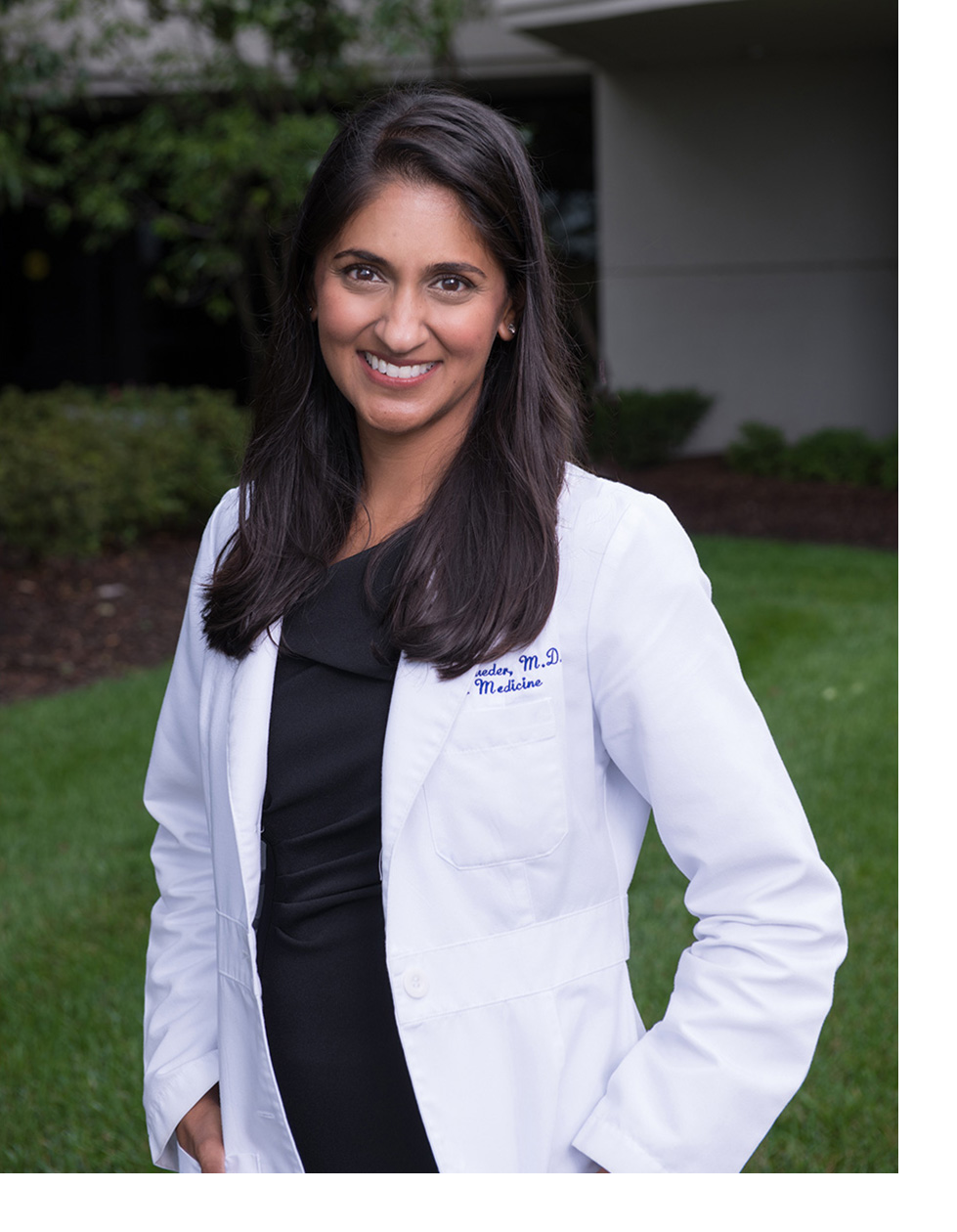 “Patients need your time,” she noted. “It is important that we listen to them and have time for them,” she stressed. “I don’t want them to feel I have to be elsewhere or that I want to be elsewhere. You learn so much by just listening to your patients. This definitely appeals to my personality of interacting with others and to the nature of the specialty. The patients are now in rehab and communication is part of it, given clearly and honestly. We set realistic expectations, make sure they understand their prognosis and know what to expect.”
“Patients need your time,” she noted. “It is important that we listen to them and have time for them,” she stressed. “I don’t want them to feel I have to be elsewhere or that I want to be elsewhere. You learn so much by just listening to your patients. This definitely appeals to my personality of interacting with others and to the nature of the specialty. The patients are now in rehab and communication is part of it, given clearly and honestly. We set realistic expectations, make sure they understand their prognosis and know what to expect.”
Dr. Lueder is extremely in tune to the patient experience, making sure each one is treated in a manner consistent with how she would want any of her family members to be treated if they were ever in a similar situation.
“I establish a good relationship with my patients so they know they can trust me,” she said. “What they are experiencing is life-changing, so we have to be supportive, honest and transparent. Each day is different. We recognize the milestones in each patient, understanding there is a different ‘win’ for each one depending upon the individual diagnosis.”
When not tending to her patients, Dr. Lueder values time with her husband and two sons. She enjoys traveling and makes exercise an integral part of her daily routine. Of course, she also enjoys comparing notes with her husband, whom she met while in medical school and who works within the same specialty.
“I just love what I do,” she reflected.
Together, Drs. Suther and Lueder are proving that if you take care of the patient, everything else will follow.


